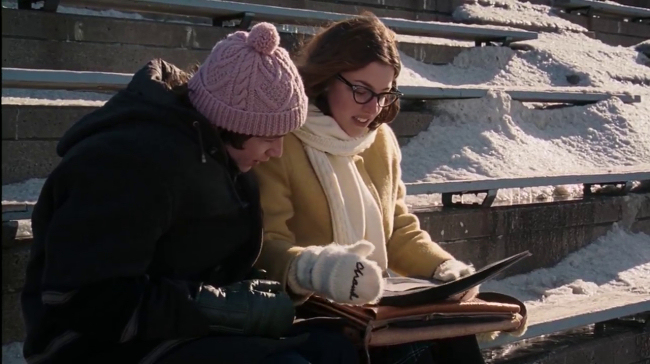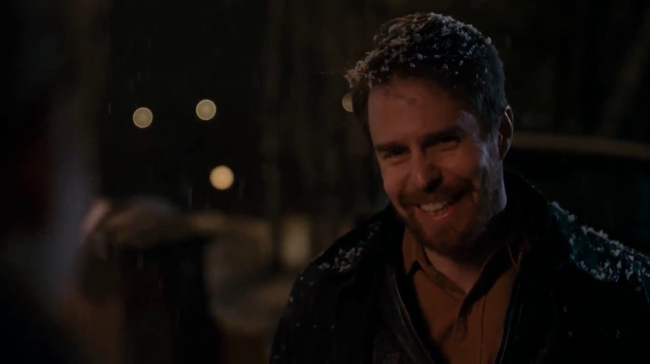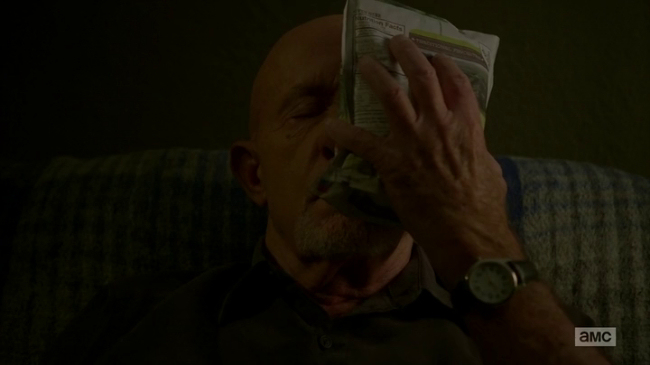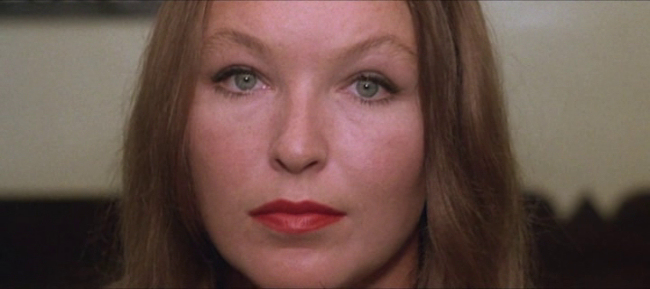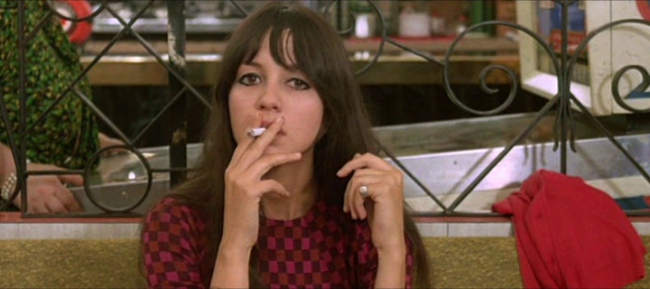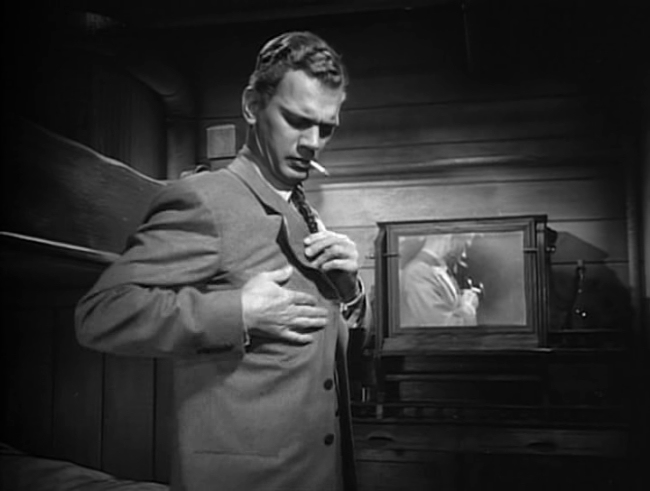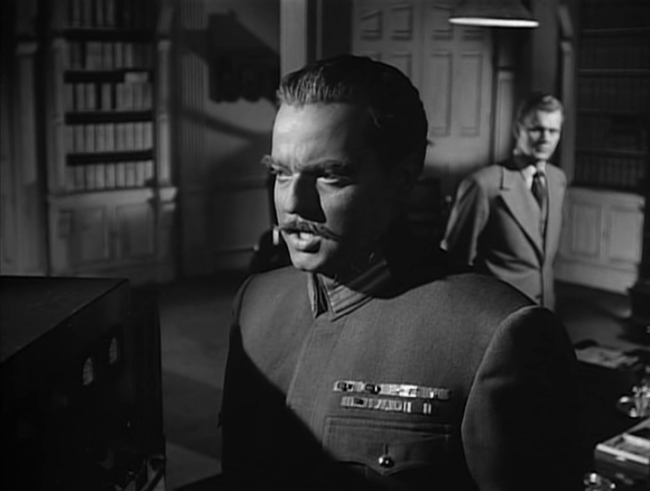The closest equivalent to Quentin Tarantino in the 17th century may have been Aphra Behn whose 1688 short novel,
Oroonoko, has a lot in common with
Django Unchained. They're both somewhat pulpy melodramas, fantasy versions of the slave experience heavily influenced by the artist's philosophy, and in both cases the artist has had no first hand experience of slavery (with Behn there's some debate as to the closeness of her second hand acquaintance with the subject).
Oroonoko, though, has a great deal less interest in slavery as an institution and seeks instead to use the alien world of the slave trade and the West Indies to create an allegory in support of Behn's royalist ideals. The charm of the novel is entirely in the romantic conception of monarchy that runs through it. There's a prettiness about it and an appreciable amount of sexual excitement.
The story begins in modern day Ghana. Little is known about that part of Africa in the 17th century but it's doubtful the reality was anything like the mixture of Middle Eastern fantasy and distinctly English courtly sensibilities on display in Oroonoko. The title character is a prince who falls in love with the beautiful Imoinda. Unfortunately, before they can consummate their relationship, the king takes her as his latest wife.
Actually, the polygamous household would be accurate for West Africa at the time though the portrait Behn paints of harem-like chambers smacks more of general fantasies of the middle and far east. Also rather unlikely is the French tutor (exiled to Africa, Behn vaguely tells us, for certain heretical ideas) and the courtly atmosphere where detailed knowledge of English and European custom is considered a mark of refinement.
The story eventually moves to Surinam where Behn may have resided. Located on the northern coast of South America, the colony shifted between English and Dutch control in the 17th century. Oroonoko, who's described as having a Roman nose and straight hair, impresses even the white masters with his aura of authority, Behn's subscribing to a belief in the divinity of kings turning Oroonoko into a demonstration that a true king will seem so even in such circumstances.
. . . no sooner came into the Boat, but he fix’d his Eyes on him; and finding something so extraordinary in his Face, his Shape and Mein, a Greatness of Look, and Haughtiness in his Air, and finding he spoke English, had a great Mind to be enquiring into his Quality and Fortune; which, though Oroonoko endeavour’d to hide, by only confessing he was above the Rank of common Slaves, Trefry soon found he was yet something greater than he confess’d; and from that Moment began to conceive so vast an Esteem for him, that he ever after lov’d him as his dearest Brother, and shew’d him all the Civilities due to so great a Man.
The narrator of the story is a woman, possibly similar to Behn, who tells us how Oroonoko, now under the slave name of Caesar, became a faithful protector of women, saving them from wild animals of the strange wilderness. Like many popular European fantasies of the time, the West Indies are described as a paradise; "It affords all Things, both for Beauty and Use; ’tis there eternal Spring, always the very Months of April, May, and June; the Shades are perpetual, the Trees bearing at once all Degrees of Leaves, and Fruit, from blooming Buds to ripe Autumn: Groves of Oranges, Lemons, Citrons, Figs, Nutmegs, and noble Aromaticks . . ." The invocation of Eden is more explicit in her descriptions of Native Americans:
The Beads they weave into Aprons about a Quarter of an Ell long, and of the same Breadth; working them very prettily in Flowers of several Colours; which Apron they wear just before ’em, as Adam and Eve did the Fig-leaves; the Men wearing a long Stripe of Linen, which they deal with us for.
Behn may have culled her lengthy descriptions from many accounts--I was reminded of some from Exquemelin. Her direct contact with a native community described in the novel has the distinct quality of a particularly royalist sexual fantasy;
By Degrees they grew more bold, and from gazing upon us round, they touch’d us, laying their Hands upon all the Features of our Faces, feeling our Breasts, and Arms, taking up one Petticoat, then wondering to see another; admiring our Shoes and Stockings, but more our Garters, which we gave ’em, and they ty’d about their Legs, being lac’d with Silver Lace at the Ends; for they much esteem any shining Things. In fine, we suffer’d ’em to survey us as they pleas’d, and we thought they would never have done admiring us.
One suspects an actual encounter of this sort would not have been so charming.
The story is much more explicit in its descriptions of violence, particularly relating to dismemberment and disembowelling, and again I was reminded of Quentin Tarantino. But it's in the service, as the Wikipedia entry points out, of telling the audience what an incredibly unnatural and evil thing it is to execute, exile, or enslave a king, the first two being the misfortunes that fell upon two of Behn's beloved Stuart monarchs, Charles I and James II. Behn clearly has no problem with slavery--her Aristotelian conception of natural hierarchy is quite evident: "[Oroonoko] was ashamed of what he had done in endeavouring to make those free, who were by Nature Slaves, poor wretched Rogues, fit to be used as Christian Tools." It is interesting, from the point of view of a modern reader, that Behn does not tie a natural fitness for slavery with the colour of a person's skin, this reflecting the fact that ideas of racial superiority had yet to really take hold. So a black man was free to be a white woman's fantasy of perfection.
Twitter Sonnet #847
A loosely worn achievement joins the plates.
Two continents co-authored dirt and rock.
When music wanders dental soap in eights
The treble bar is on the stripy sock.
Embargoed gamine mimes returned a purse.
A shadow cast beneath display cases
Has marked the diamond watch a cutting curse.
The heather puts a horse through dry paces.
The water turns into an elephant.
With weight, the trunk was held to earthly graves.
A chocolate bar betrayed the applicant.
So mark how fire in vacuum behaves.
Italian lace released at dusk ascends.
A shadow on the heath makes no amends.











